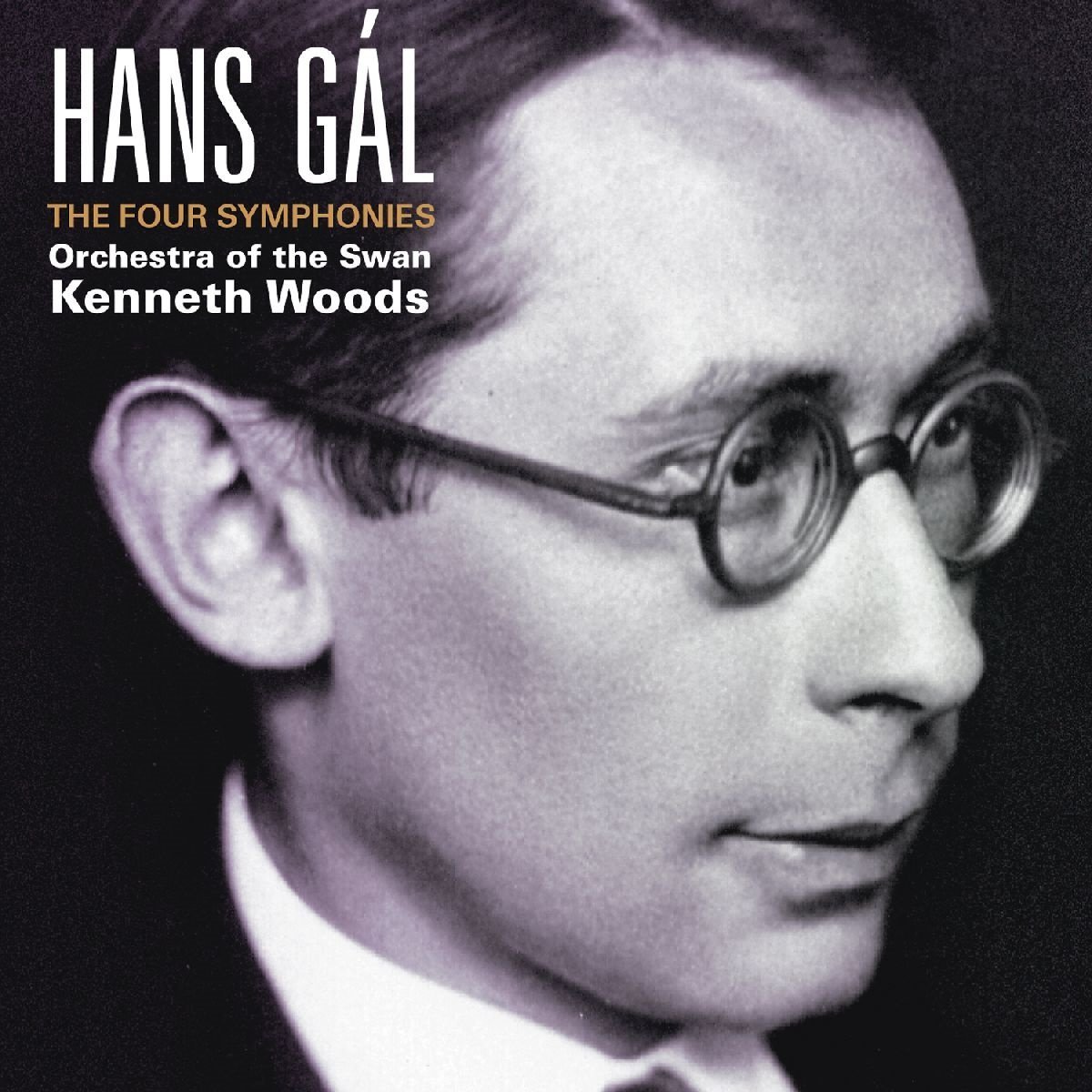2015 is the "Year of Mexico in the United Kingdom" which is why we’ ve got an exhibition on the Mayas in Liverpool, masked wrestlers Luche Libre at the Albert Hall and the country’ s leading symphony orchestra on a debut UK tour. The Mexico Philharmonic was founded at the Universidad Nacional Autonoma de Mexico (UNAM) in 1936 and is the oldest symphony orchestra in the country. It made waves with the excellent Mexican conductor Eduardo Mata in the Sixties and Seventies and the British-born Jan Latham-Koenig has been Music Director since 2011.
Over the past decade Krystian Zimerman and Sir Simon Rattle have created and evolved a performing idea of Brahms’s D minor piano concerto which is still remarkable for its considered weight and grimly imposing grandeur, Michelangelo’s Mosè in music.

Cleopatra in her barge gliding down the nave of Southwark Cathedral? Only figuratively, in the hypnotic “Half the Fun” movement of Duke Ellington’s constantly surprising Shakespeare compendium Such Sweet Thunder. Still, it wouldn’t be that much stranger than the combination of a jazz orchestra and a chamber choir – so superlative as not to need the “youth” in their names observed – celebrating Shakespeare in his local place of worship.

Fair exchange? German humour, perhaps? We send Her Maj off to the Fatherland for a State Visit, and the Embassy of the Federal Republic in London reciprocates by bringing us the popular singing phenomenon – “national institution”, as he was described in last night's introductory speech – Max Raabe, for an early celebration of 25 years of German reunification.

Zeitoper, single scene micro-opera for modern times, enjoyed a brief vogue in the Weimar era, but disappeared as fast the Republic itself. This programme from the Continuum Ensemble resurrected four examples, all from the years 1927-28, to offer a snapshot of Germany’s quickly evolving music theatre scene between the wars. The works, by Hindemith, Ernst Toch and Kurt Weill, are short, with little narrative, and even less musical subtlety.

 Hans Gál: Symphonies 1-4 Orchestra of the Swan/Kenneth Woods (Avie)
Hans Gál: Symphonies 1-4 Orchestra of the Swan/Kenneth Woods (Avie)

Vladimir Ashkenazy should be made an honorary Finn: not just for his constant championship of Sibelius’s orchestral works throughout his conducting life so far, but above all for the way he understands them. On the evidence of last night’s 150th anniversary concert, crowned by a superbly direct performance of the Second Symphony, his approach is now thoroughly Finnish at the deepest level in the way that it paces the sentiment, effortlessly negotiates the shifts of mood without histrionics and shears the music of romantic rhetoric. No Slavic or Teutonic plushness here.

There’s an intimacy, an interiority, to music for viol consort that even the string quartet can’t match. The physical placement of the three members of Phantasm who opened this concert of music by Gibbons, Purcell, Locke and Lawes was telling. Occupying three sides of a square, facing one another directly, theirs was a private musical conversation the audience was permitted to overhear. Fortunately it was one full of eccentric, charming episodes, as well as some moments of glorious darkness.

One man and his piano can occasionally fulfil a role more satisfying than the finest orchestra in full sail. The last of Daniel Barenboim's four-recital traversal of Schubert's piano sonatas proved just such an occasion. Since the first concert last week, perhaps all the ingredients had settled in a five-way exchange, with artist, piano, audience, hall and music each coming to terms with all of the others and finding a new modus vivendi.

How to respond to Mahler? That was the challenge set by the London Symphony Orchestra to Edward Rushton when they commissioned him to write an opener for this programme. Rushton’s response was to take a story from a biography of Alma and spin it into an orchestral fantasy. The story goes that Alma, listening to Gustav compose the Fifth Symphony, complained about the excessive orchestration, which he then dutifully toned down.

